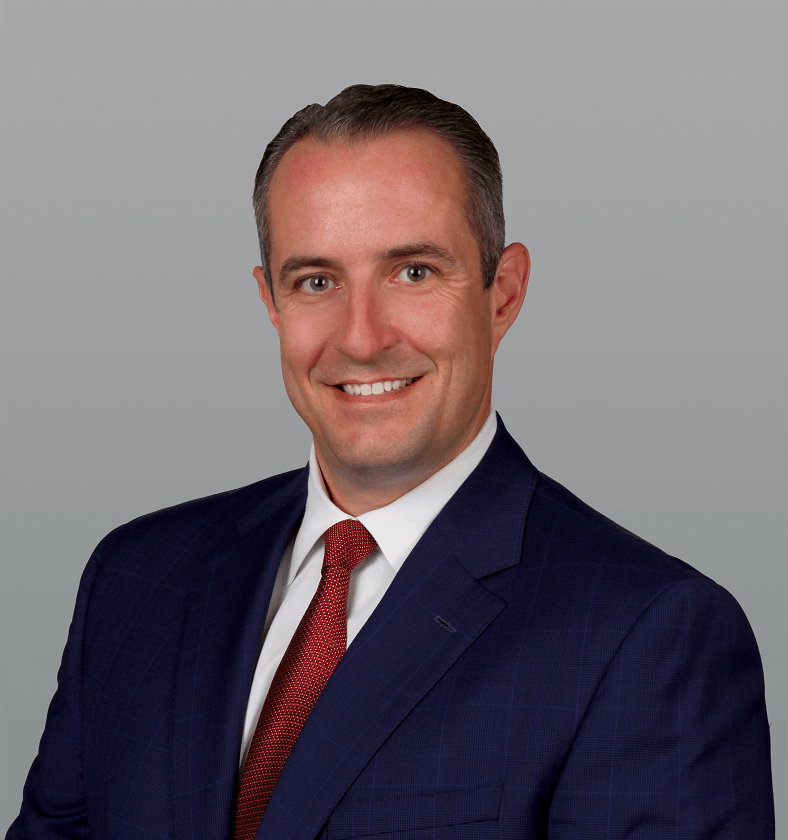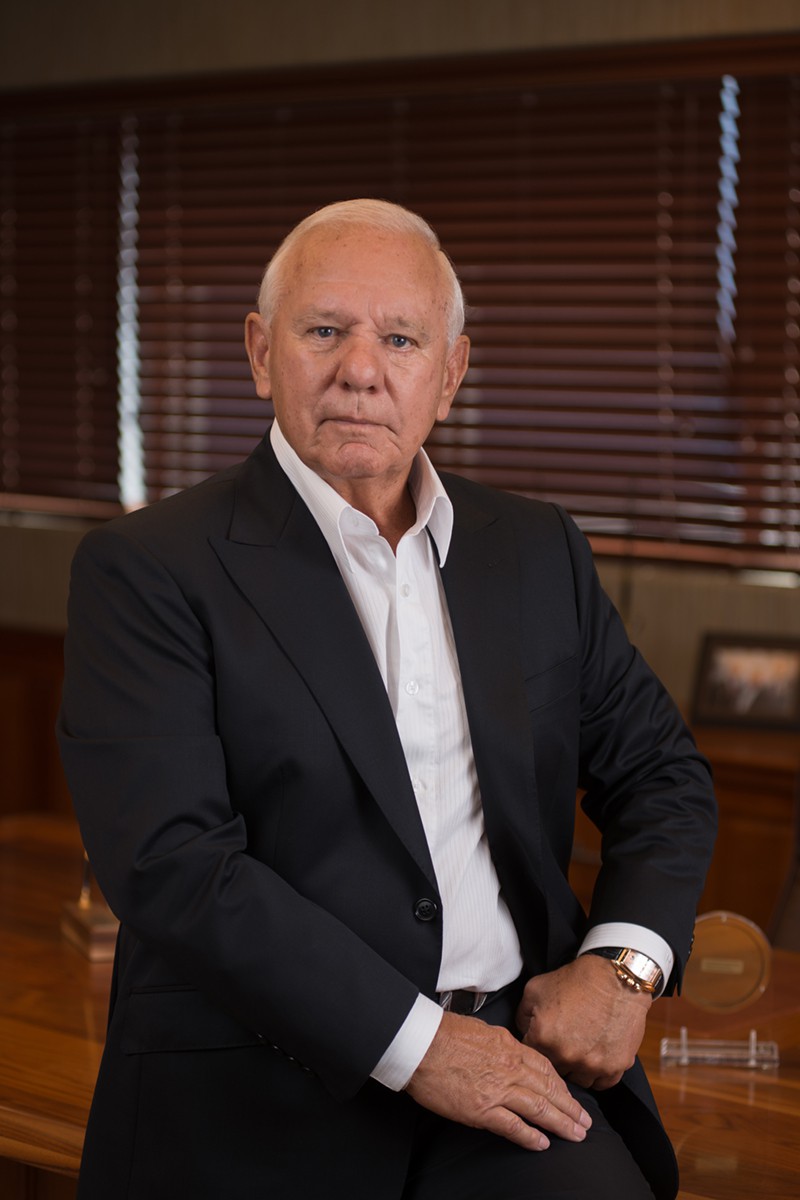Hint: They’re designed to work in your favor.
By: Maurie Backman
If you’re like most people, you rely on outside professionals for financial information and investment advice. (Heck, you’re reading this article right now, aren’t you?) Unfortunately, not all financial professionals are created equal, and some are far more trustworthy than others.
Consider this: According to a 2016 study examining over one million records, roughly 7% of financial advisors have documented instances of misconduct, and the associated complaints run the gamut from negligence to promoting overly risky investments. It’s for this reason that the new fiduciary laws are so critical for investors of all ages.
The fiduciary standard
In April 2016, the Department of Labor announced that a growing number of financial professionals will soon need to adhere to what’s known as the fiduciary standard, which mandates that advisors put their clients’ best interests first at all times, even if it means bringing in less profit. Specifically, starting in April 2017, anyone offering financial advice for retirement accounts like 401(k)s and IRAs must follow the fiduciary standard.
Now you might be thinking: “Wait a minute — isn’t this already a given?”
But in reality, only those who are registered as investment advisors with the Securities and Exchange Commission or individual states are required to follow the fiduciary rule. Insurance agents, brokers, and many other financial professionals are simply held to what’s called the suitability standard.
If your advisor operates under the suitability standard, he or she might recommend an investment that, technically speaking, is suitable for your particular set of circumstances. However, just because an investment is suitable doesn’t mean it’s the best, or most cost-effective, option for you.
What motivates advisors to recommend investments that are merely suitable? Money. Simply put, some investments pay better for the folks who sell them than others, and when your financial advisor is more focused on his or her bottom line than your future, guess who gets hurt? That’s right — you. But once these new rules take effect, you won’t have to worry about your best interests coming second, at least as far as your retirement accounts go. Your taxable brokerage accounts, unfortunately, are another story, as the new rules apply to tax-advantaged retirement accounts only.
Lower-cost investments
Ideally, what these new rules mean for you is more access to affordable investments. When you invest in a mutual fund, for example, you might pay a certain fee that’s calculated as a percentage of your investment. But index funds, on average, tend to come with much lower fees, and as a result, your advisor may be more inclined to recommend those instead of the more costly options out there once the fiduciary standard kicks in.
Think about it like this: Let’s say you want to invest $10,000 and are given the choice between a fund that will charge you 1.5%, or $150, versus one that will charge you 0.75%, or $75. Assuming that the performance of the two funds is comparable, wouldn’t you rather invest in a fund that will only charge you $75? That’s why these new rules are so important to your retirement account — because over time, sticking to low-fee investments can really help you grow your nest egg.
But before you celebrate…
Although the new rules take effect beginning in April 2017, financial professionals won’t have to adhere to all of the new requirements until Jan. 1, 2018. Also be aware that at that point, your previous retirement fund investments will be grandfathered into the old standard. So if your advisor endorsed an investment two years ago that wasn’t necessarily in your best interest, he or she can still recommend that you hold onto that investment, even if there’s a better one out there. However, any new advice you’ve given must conform to the fiduciary standard.
While these new rules might help a lot of folks save more money in the long run, there’s an underlying lesson here: Never be afraid to question your advisor, and always ask about the fees your investments entail. At the end of the day, it’s yourmoney and your future on the line, and while it’s nice to have these rules in place, you should never underestimate the importance of being your own advocate.















